1. extravagant claims made about this generation
1.1. completely different... off the way...
2. society dumbing donw
2.1. farenheit 911
2.1.1. very negative view of what is happening
3. information is a drug
4. multi-tasking / multi-processing findings
4.1. is there a really story?
4.2. confirmatory bias
4.2.1. if there are age related differences are they real and will they continue.....?
5. virtual longtitudanal study
5.1. view at micro level that something different being observed in behaviour for young people changing their behaviour
6. Power browsing??
7. FORUM
7.1. Which part(s) of the argument are most relevant to you as a reader and a student? Why?
7.2. Which part(s) of the argument are most relevant to you as a teacher, trainer or other practitioner or potential practitioner? Why?
7.2.1. change in way that new generation regard information search and lack of thought
7.2.2. support learners - diverse range of learners
7.2.3. branding of search as google
7.2.3.1. how to educate learners to use the tools we have
7.2.3.2. learners use naturel language not keywords when searching
7.2.3.2.1. need to adapt library services to this?
7.2.3.2.2. or train users on how to use library resources
7.2.3.3. mental maps of the internet and technology
7.3. What for you are the strengths and weaknesses of each form of presentation – reading from the report in Activity 4, and listening to a webcast lecture now?
7.3.1. We will return to this issue in Week 5.
7.3.2. audio allows you to take in the whole thing slowly and enjoyably... text as well is useful
7.3.2.1. however excludes those with 2nd languages
7.3.2.1.1. theodore
7.3.3. listening gives you a rest from visual work
7.3.3.1. Eileen
8. is there qaulitivily different about this generation
8.1. what should the British library be doing about this....?
9. insecurity about branded search
10. Age related differences
10.1. Radishes? Taste / skills change over time
10.2. Study with brain scans & computer games suggest some higher multi-task ability
10.2.1. But not possible to test well
10.3. Virtual longitudinal study
10.3.1. Looking for studies that show up change between generation.
10.3.1.1. Look this up??
11. Information literacy
11.1. Google is search
11.1.1. Mental maps of info systems
11.1.1.1. these are poor in young
11.1.2. However young people have poor mental maps of databases as well
11.1.2.1. Could be maturity issue
11.1.2.1.1. Find study relating Brian function and age...
11.1.2.1.2. A
